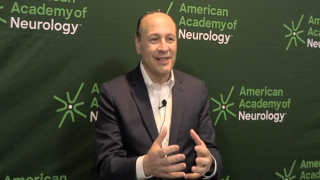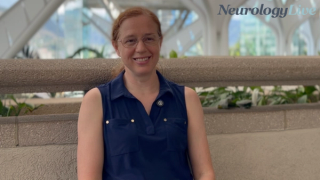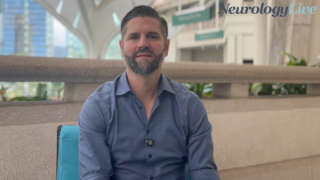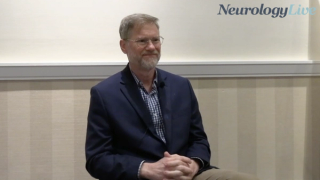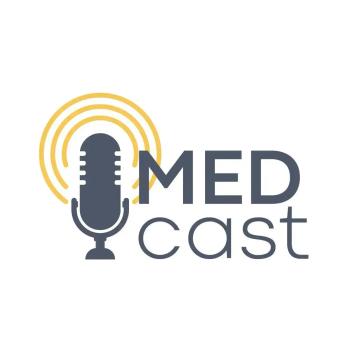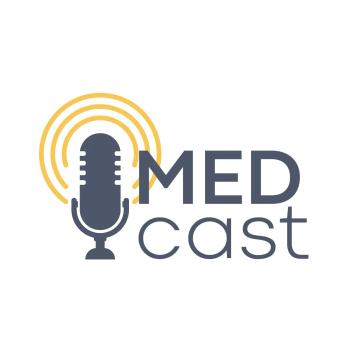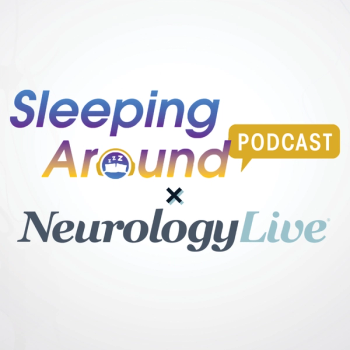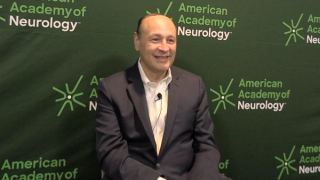
Parkinson Disease
Latest News

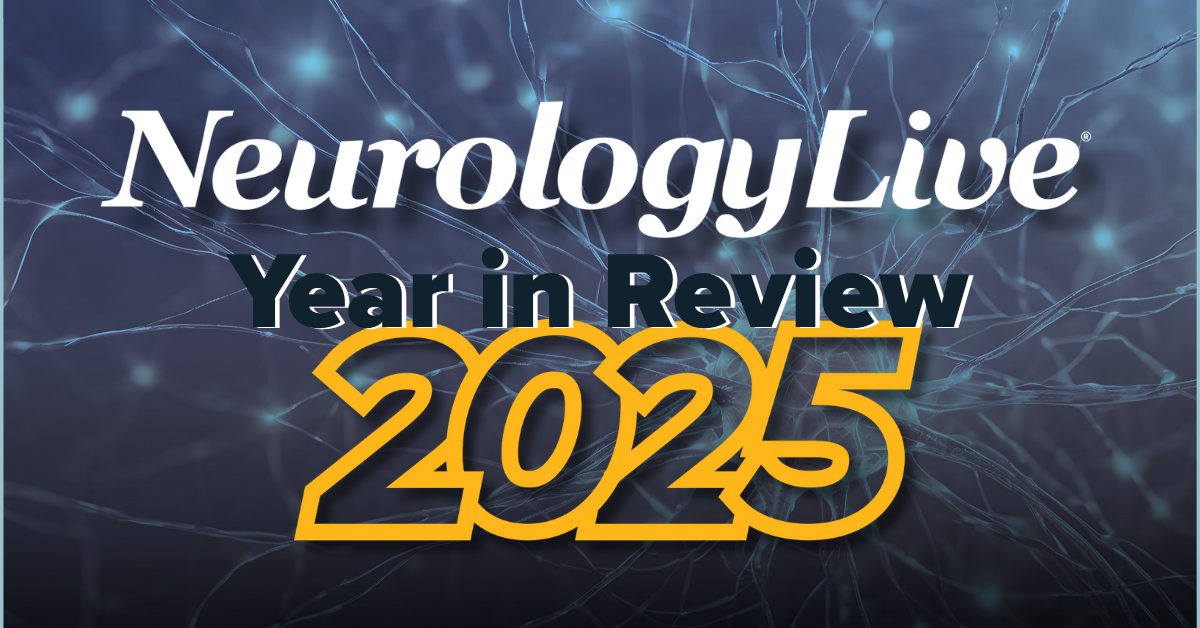
Previewing Parkinson Disease Pipeline: Emerging Trials to Watch in 2026
Video Series

Latest Videos
Podcasts
CME Content
More News

Neal K. Shah talked about how social robots could support emotional well-being in patients with neurologic conditions by reducing loneliness and promoting engagement in health-related activities.

At MDS 2025, the professor of neurology at Northwestern University Feinberg School of Medicine discussed the evolving landscape of disease-modifying clinical trials in Parkinson disease.

Jupiter Neurosciences advances Parkinson treatment with FDA clearance for JOTROL's phase 2a trial, showcasing promising safety and bioavailability results.

A post-hoc analysis study revealed apomorphine sublingual film was efficacious over a long term period across various age ranges, including elders, with Parkinson disease.

Mark Forman, MD, PhD, chief medical officer at Ventyx Biosciences, discussed promising early-stage data of VTX3232, an NLRP3 inflammasome in development for early-stage Parkinson disease.

Clinical trial data presented at the 2025 International Congress of Parkinson’s Disease and Movement Disorders showed that pimavanserin had positive efficacy in patients showing Parkinson Disease psychosis symptoms who were treated earlier.

Late breaking data from a phase 1 trial presented at MDS 2025 showed that cell therapy UX-DA001 demonstrated positive efficacy in a woman with moderate-to-advanced Parkinson disease.

A phase 3 trial presented at the 2025 MDS Congress suggests that staged, bilateral magnetic resonance–guided focused ultrasound may improve motor symptoms for patients with Parkinson disease who experience motor complications.

In phase 2a trial presented at MDS 2025, findings showed that VTX3232 achieved drug levels in plasma and cerebrospinal fluid that exceed the IC90 for NLRP3 inhibition by more than 3-fold.

New real-world data presented at MDS 2025 demonstrated that foslevodopa/foscarbidopa reduced motor fluctuations and improved quality of life in patients with advanced Parkinson disease over 6 months.

PMD Alliance unveils a revamped website, enhancing accessibility and resources for the movement disorder community as it celebrates its 10th anniversary.

The neurologist at University of British Columbia discussed how abnormal brain plasticity influences Parkinson progression and highlighted the importance of integrating basic science with clinical care.

AbbVie’s application to the FDA for its selective dopamine D1/D5 receptor partial agonist is supported by data from the phase 3 TEMPO study program.

A recent study demonstrated that distinct aquaporin-4 changes in neuronal and glial synucleinopathies reflect different pathomechanisms and may warrant further investigation.

A recent trial shows that 3 infusions of stem cells significantly enhance motor function in Parkinson patients, highlighting the need for further research.

A recent Canadian study reported similar trends in polysomnography and positive airway pressure initiation over a decade between patients with Parkinson disease and matched controls.

The director of the Norman Fixel Institute for Neurological Diseases at UF Health highlighted the need for equitable, worldwide access to levodopa for patients with Parkinson disease. [WATCH TIME: 6 minutes]

Experts shared their clinical perspectives on trending topics in the treatment and management of movement disorders at the 4th Annual Advanced Therapeutics in Movement and Related Disorders (ATMRD) Congress.

At the 2025 ATMRD Congress, a patient advocate living with Parkinson disease emphasized the importance of amplifying patient voices at educational conferences for movement disorders. [WATCH TIME: 5 minutes]

The physician assistant specializing in Parkinson disease talked about how comorbidities and patient preference guide clinical decisions in prescribing on-demand therapies for Parkinson disease. [WATCH TIME: 5 minutes]

The CEO and cofounder of LSVT Global highlighted the importance of clinicians referring their patients with Parkinson disease early to evidence-based physical therapies, occupational therapies, and speech therapies. [WATCH TIME: 5 minutes]

At the 2025 ATMRD Congress, Anissa Mitchell, LCSW, chief program officer at PMD Alliance, discussed immersive, patient-focused sessions aimed at improving clinicians’ empathy, communication, and understanding of Parkinson disease and related disorders.
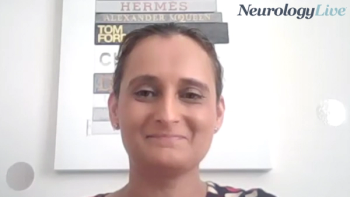
The medical director of CNS clinical cevelopment at AskBio discussed long-term data presented at ATMRD from the company’s phase 1b trial assessing the investigational gene therapy AB-1005 in Parkinson disease. [WATCH TIME: 6 minutes]

The advisory board member of the Parkinson's Foundation shared personal insights on how love, present-moment awareness, and hope shaped her approach to living with the Parkinson disease. [WATCH TIME: 6 minutes]
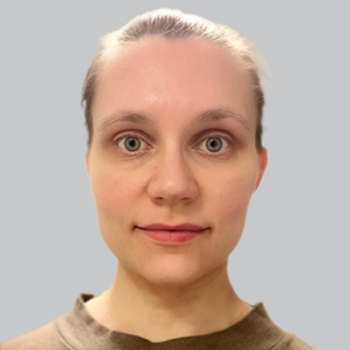
A recent study uncovered existing medications that may lower mortality risk in patients with Parkinson disease, suggesting potential for repurposing in future trials.




